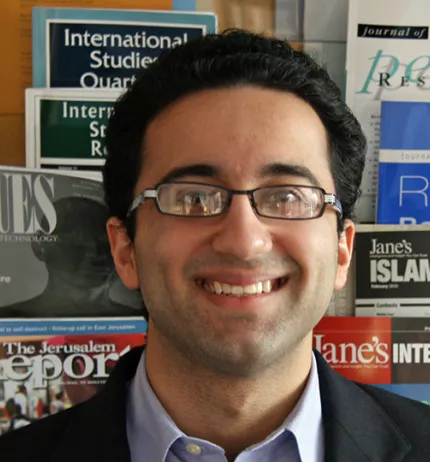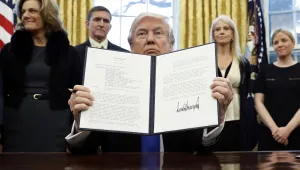Image

Ali Wyne
Alumni
15
results
Filter by
Filter
Your search did not return any results. Please try another search.


